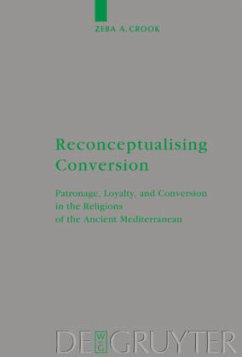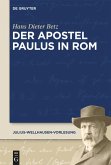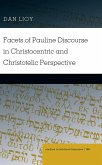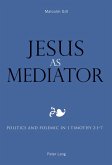Combining classical, epigraphical, and biblical sources with social-scientific methodology, this monograph questions the way in which modern scholarship has tended to discuss ancient conversion. The author challenges long-held assumptions of psychological continuity between ancient and modern people, and offers in place of these assumptions a model founded on the categories the ancients used themselves. Graeco-Roman and Mediterranean religions and philosophies, including Hellenistic Judaism and Christianity, framed their religion in the language of patronage / benefaction and loyalty, and thus an understanding of ancient conversion must start there.
Die Studie nimmt die bisherige Diskussion der Konversion in der Antike neu auf durch eine Verknüpfung von klassischen, epigraphischen und biblischen Quellen mit einer sozialwissenschaftlichen Methodologie. Der Autor hinterfragt dabei die bisher vorausgesetzte psychologische Kontinuität zwischen antiken und modernen Menschen und bietet statt dessen ein Modell, welches an den Denkvoraussetzungen der Antike selbst gebildet wurde. Die griechisch-römischen und mediterranen Religionen und Philosophien - also auch das hellenistische Judentum und das Christentum - orientierten sich an den Modellen von Patronat und Loyalität. Das Verständnis der antiken Konversion muss also hier ansetzen. In diesem Zusammenhang wird auch die "Bekehrung" des Paulus neu gedeutet.
Die Studie nimmt die bisherige Diskussion der Konversion in der Antike neu auf durch eine Verknüpfung von klassischen, epigraphischen und biblischen Quellen mit einer sozialwissenschaftlichen Methodologie. Der Autor hinterfragt dabei die bisher vorausgesetzte psychologische Kontinuität zwischen antiken und modernen Menschen und bietet statt dessen ein Modell, welches an den Denkvoraussetzungen der Antike selbst gebildet wurde. Die griechisch-römischen und mediterranen Religionen und Philosophien - also auch das hellenistische Judentum und das Christentum - orientierten sich an den Modellen von Patronat und Loyalität. Das Verständnis der antiken Konversion muss also hier ansetzen. In diesem Zusammenhang wird auch die "Bekehrung" des Paulus neu gedeutet.








